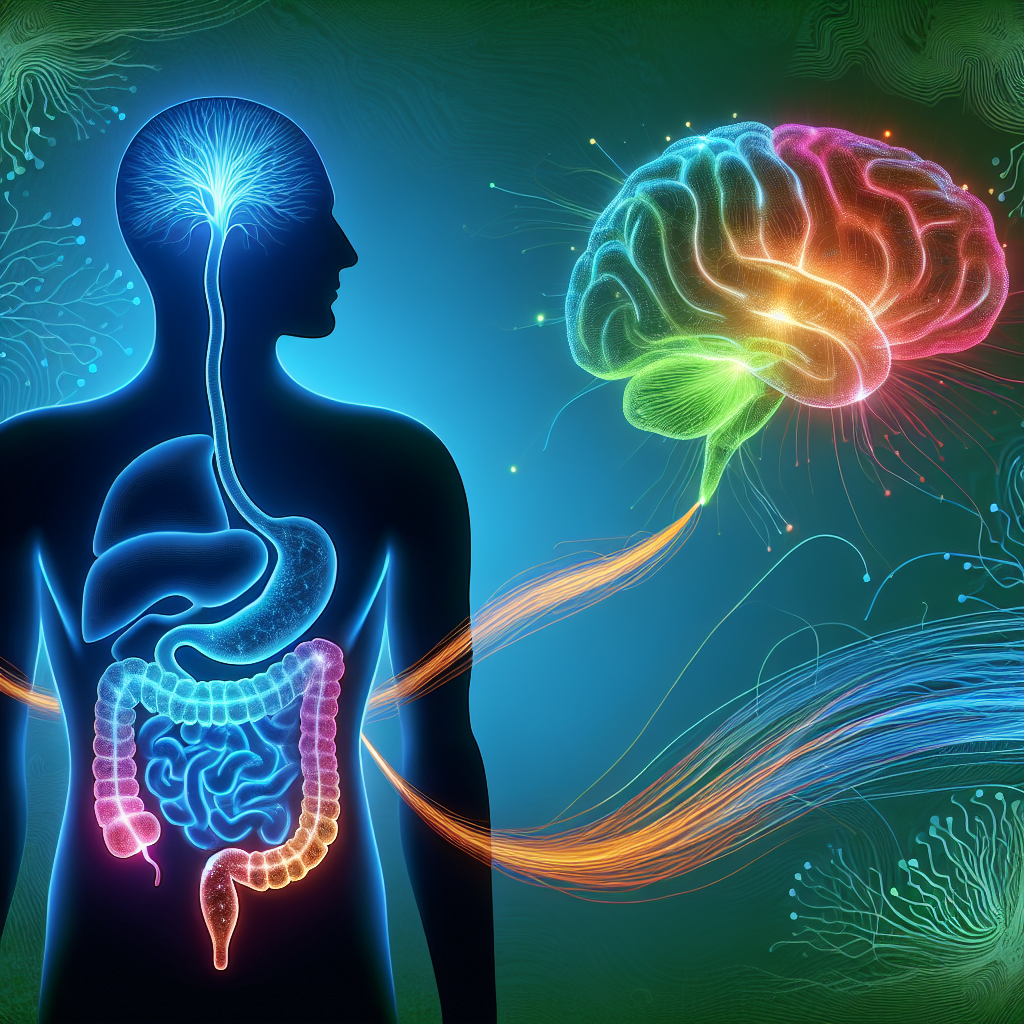Understanding the Connection Between Gut Health and Mood
As we journey through life, seeking harmony within ourselves, we often overlook the profound connection between our physical body and emotional state. I’ve found that understanding the link between gut health and mood is akin to discovering a hidden pathway to wellness that flows beneath our conscious awareness.
Our gut, often referred to as the ‘second brain,’ houses a complex ecosystem of bacteria, fungi, and viruses, collectively known as the microbiome. This intricate system plays a crucial role not only in digestion and absorption but also in our emotional and psychological health. The gut-brain axis, a bidirectional communication network between the central nervous system and the enteric nervous system, is pivotal in maintaining this balance.
The Science Behind Gut Health Influencing Mood
Research has increasingly shown that the state of our gut microbiota can influence our mood and overall mental health. Serotonin, a neurotransmitter primarily found in the gastrointestinal tract, is profoundly influenced by the bacteria in our gut. This ‘happiness’ chemical, as it’s often called, regulates mood, anxiety, and happiness. An imbalance in our gut flora can lead to a disrupted production of serotonin, which may contribute to feelings of depression or anxiety.
Furthermore, inflammatory states in the gut have been linked to inflammatory states in the brain, which can exacerbate symptoms of depression. According to a study published in the Gastroenterology Journal, there is a significant correlation between gut health and the onset of depressive symptoms in individuals with irritable bowel syndrome (IBS).
Practical Ways to Enhance Gut Health for Better Mood
Caring for our gut health involves more than just eating the right foods; it requires a holistic approach to nurture both mind and body. Here are some gentle, actionable steps we can take:
- Integrate Probiotics and Prebiotics: Including fermented foods like yogurt, kefir, and sauerkraut in our diet can boost the beneficial bacteria in our gut. Foods rich in prebiotics such as garlic, onions, and bananas help nourish these bacteria.
- Mindful Eating: Paying attention to how we eat, not just what we eat, can influence our gut health. Eating in a calm environment and chewing thoroughly can enhance digestion and absorption, promoting a healthy gut.
- Stress Management: Since stress can negatively affect our gut flora, incorporating stress-reduction techniques such as yoga, meditation, or deep breathing exercises can be beneficial.
We can start by introducing one small change at a time, observing how our body and mood respond. For example, try adding a probiotic-rich food to your diet for a week and note any shifts in your emotional well-being.
Reflecting on Our Inner Ecosystem
Just as a serene pond supports lilies to thrive and bloom, a balanced gut supports our ability to experience joy and emotional resilience. By nurturing our gut health, we are tending to the deep, interconnected roots of our being, allowing us to flourish in unexpected ways.
As we continue to explore the ways our physical health is intertwined with our emotional state, we invite a deeper understanding and appreciation of our complex natures. This journey of discovery is not just about preventing illness but about fostering an environment within ourselves where peace and happiness can grow.
For those interested in exploring further, the article Plant-Based Diets and Hormone Balance Explained offers valuable insights into how dietary choices impact our hormonal health, which is closely related to both gut health and mood.


